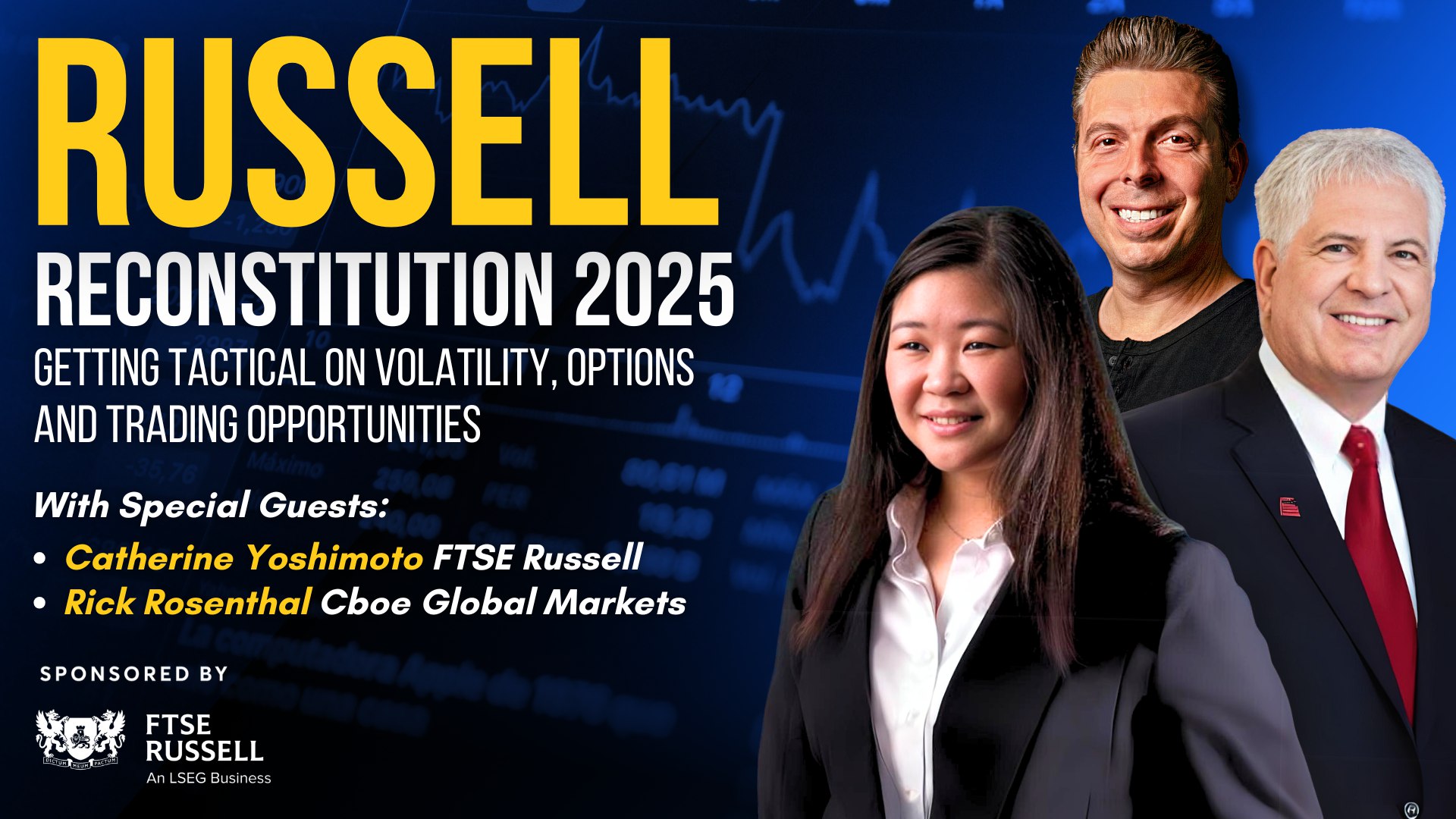 Guest:
Guest:
Sean Emory
Founder & CIO of Avory & Co.
Record Date: 3/1/17
Dear Traders,
Today I spoke to a man who believe it or not started analyzing fantasy baseball at a young age. Discovering his analytical skills, he realized he could do the same thing with companies and investments. He started as a hedge fund analyst and learned about global markets. He is now the founder and CIO of an investment market research firm called Avory & Company. His name is Sean Emory.
[bctt tweet=”#FuturesRadio ‘I like to know what I own, why I own it, and make sure my thesis is always intact. At the end of the day I use fundamental analysis to manage my price risk” username=”_SeanDavid”]
Today Sean and I discussed how he used his analytical skills to research fundamentals on the market. And as Sean says, he likes to know what he owns and why he owns it. We discussed what Technical indicators Sean uses in his strategy. We chatted about the importance of psychology in investing, and he tells us how he implements psychological concepts into his trading and investing business. I asked Sean what he thinks of the latest SnapChat IPO and if futures and index traders should be watching earnings on individual stocks.
Sean is a young guy, but way ahead of his years in understanding markets. He is a great example to not only young traders and investors, but all traders and investors that want to be successful. Sean is a really good guy and it was a pleasure speaking with him today. As always…Thank you all for listening, please enjoy this episode.
Biggest Takeaways:
- How he uses his analytical skills to research the fundamentals of the market. Likes to know what he owns, and why he owns it.
- Which technical indicators (RSI, MACD, Moving Avgs.. etc.) he uses in line with fundamentals to find opportunities.
- How he manages and implements psychological concepts into the trading and investing business. The test he uses to understand his own psychology. How he takes advantage of market psychology.
- The snap-chat IPO and what he is looking at within the company.
- How Sean sees the impacts of earning releases on futures and index traders. The difference in expected vs. absolute earnings.
Rapid Fire:
- How has your trading evolved over the years?
- I’ve always analyzed my winners and losers. I’ve gone from the very basics to growing in understanding the many layers involved in trading; psychology, fundamentals and technicals..
- Can you tell me the moment that trading just clicked for you?
- It’s always been a moving process. I became more confident when I started making theses and watching them come to fruition.
- What’s the number 1 source you spend your time on?
- Bloomberg and TradingView.
- Favorite Book About Trading:
- Intelligent Investor, and the Little Book That Builds Wealth
- Favorite Movie About Trading:
- Wolf of Wall St. and Cheddar T.V
- Best Advice Ever Received About Trading:
- Keep things simple. Stay in your lane.
- Advice to Give to Others About Trading:
- Begin reading and watching you tube clips. Create your own thesis on how things function. Once you start to become your own self, you become a better investor. Always analyze your wins and losses. If you don’t love it, it’s not something for you…
- Begin reading and watching you tube clips. Create your own thesis on how things function. Once you start to become your own self, you become a better investor. Always analyze your wins and losses. If you don’t love it, it’s not something for you…
Resources:
- Blog: httpss://www.themarketmeter.com/
- Twitter: httpss://twitter.com/_SeanDavid
- Website: httpss://www.avory.xyz/
Quotes:
- “I like to know what I own, why I own it, and make sure my thesis is always intact. At the end of the day I use fundamental analysis to manage my price risk…” 6:00
- “For me, fundamental trumps technical, but technicals are important on the days when we don’t get the fundamental information…” 7:50
- “The more you read, and the more things you put in front of you the more you can take in or push away to develop your own intuitions…” 15:00








